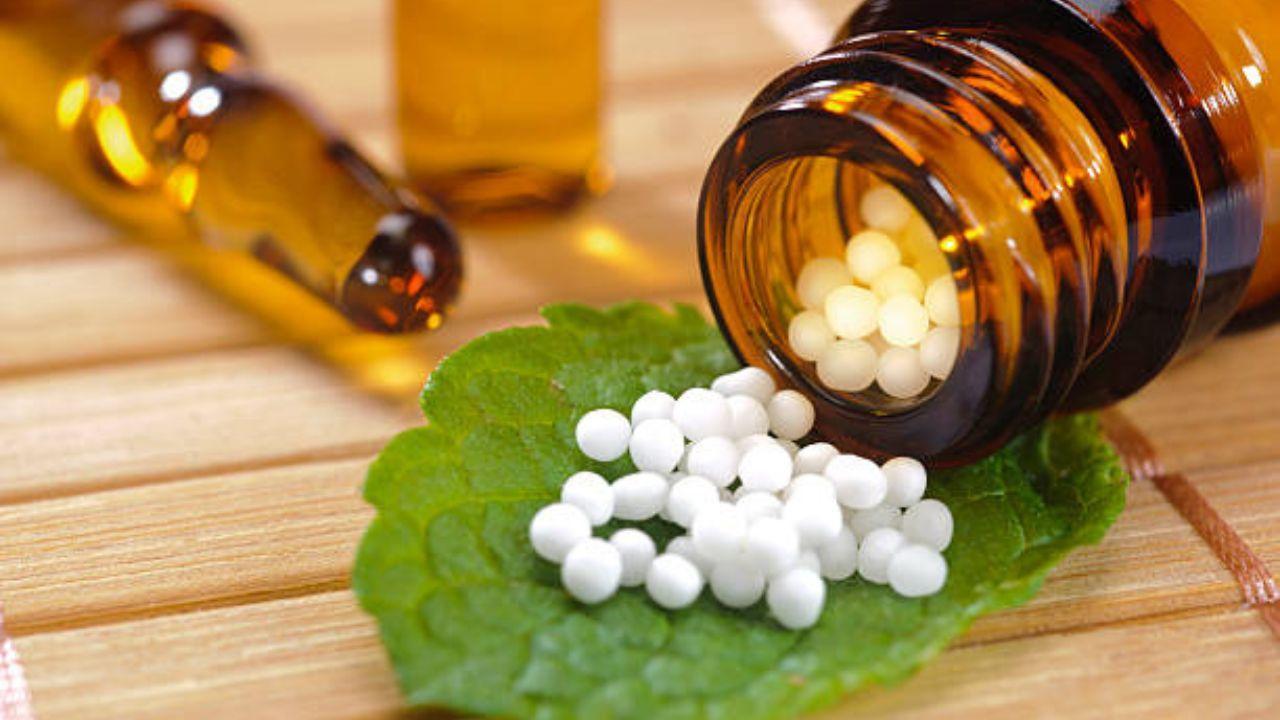On World Homoeopathy Day 2024, two experts answer some frequently asked questions on the effectiveness of homoeopathy and also state why more people should opt for this school of medicine

Image for representational purposes only. Photo Courtesy: iStock
Over the years, homoeopathy in India has experienced a remarkable revival with the support of the AYUSH ministry. Ayush is an acronym for Ayurveda, Yoga and Naturopathy, Unani, Siddha, Sowa Rigpa and Homoeopathy.
This upsurge of interest in homoeopathy is driven by its increased popularity, cost-effectiveness, and growing recognition of its efficiency in treating various health problems. Yet, this school of medicine is laced with certain misconceptions. To raise awareness about homoeopathy, World Homeopathy Day is observed annually on April 10.
On this day, we reached out to two homoeopathy experts - Dr Shreepad Khedekar, MD and bachelor of homoeopathic medicine and surgery and Dr Mohsin Thanawala (@drmohsinthanawala), advanced homoeopathy, who dive into its effectiveness in treating various diseases, common misconceptions and why people should consider opting for this form of treatment.
Khedekar tells Mid-day.com, “The term homoeopathy is derived from the Greek language. The two words ‘homoeo’ and ‘pathy’ mean ‘similar’ and ‘suffering’. This school of medicine uses natural substances to stimulate the body's healing mechanism and treats the root cause of illness.”
How is it different from allopathy medicine?
According to Khedekar allopathic medicine is the classic version of healthcare consisting of pharmacological drugs and other physical treatment approaches used to treat, suppress, or cure diseases and health problems. It targets the symptomatic phase of the disease and is quick in action when the patient is in danger.
Homoeopathy operates on certain key principles. One of them includes the minimum dose principle which believes in prescribing patients lower doses of medicines for the medicines to be more effective.
Khedekar states, “Homoeopathic doctors provide personalised treatments by considering the patient’s unique symptoms and characteristics. Homoeopathic remedies are by and large safe with few but rare side effects and are mainly applied where conditions are chronic.”
 Subscribe today by clicking the link and stay updated with the latest news!" Click here!
Subscribe today by clicking the link and stay updated with the latest news!" Click here!





